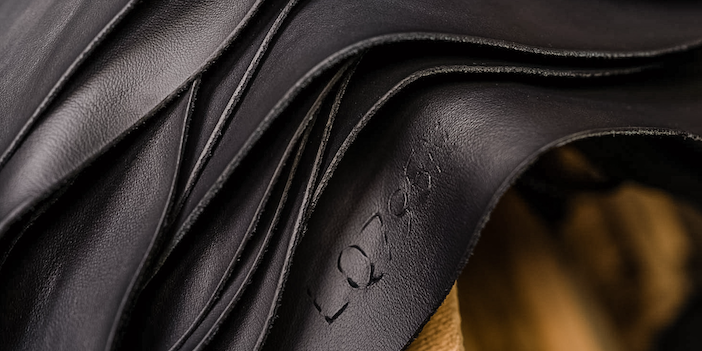Muirhead, a supplier of leather to the aviation, bus, coach and rail industries, is encouraging airlines and passenger transport operators to ensure that each hide they procure can be traced back to its origins.
Muirhead says the advice is spurred by the emergence of leather suppliers (the company does not name them) whose products – despite being marketed as sustainable, ethical and European – come from a “complex and blurred supply chain”, with hides imported from as far afield as South America.
The Scotland-based firm says that airlines and passenger transport operators deserve 100% transparency regarding the provenance of their leather hides, and asserts that suppliers which fail to trace back their entire supply chain should be held accountable for potentially misleading customers.
According to Muirhead, the lack of industry-wide traceability standards poses significant challenges for operators around Environmental, Social, and Governance (ESG) reporting.

Gareth Scott, hide procurement and by-product sales director at Muirhead, said: “Operators are facing mounting pressure to take responsibility for their supply chains and demonstrate the full environmental and social impact of the materials they use. While leather is a natural by-product of the food industry, the finished product can only be considered sustainable if it is produced in a sustainable and ethical way.
“Sadly, some European leather manufacturers import rawhides from cattle reared on deforested lands in South America before marketing their finished products as European leather. These practices are rather concerning, given that extensive cattle ranching is the foremost driver of deforestation in almost every Amazon country – accounting for an alarming 80% of the current deforestation rate, as per the WWF.”
Scott continued that unless the supplier can trace the hide across the entire supply chain, operators will have no valid insight into the product’s ‘hide miles’, the quality of the original rawhide, and whether their upstream suppliers such as farms and abattoirs uphold the highest ethical and sustainability standards.
“We believe radical traceability is the cornerstone of ethical leather production. That is why we encourage operators to ascertain that their leather suppliers are able to track every aspect of the product’s manufacture and distribution, from cradle to grave,” he added.
Such a campaign can put one’s own practices under the spotlight, but Muirhead is confident in the traceability and sustainability of its operations. The company has developed a circular process for leather manufacture, and sources 99% of its hides from farmers in the UK and Ireland. This enables the supplier to leverage the region’s high animal welfare standards, keep ‘hide miles’ to a minimum, and ensure its leather does not contribute to forest depletion.
To ensure 100% traceability, Muirhead relies on the government-backed Cattle Tracing System, which operates in tandem with the Cattle Passport. Upon processing a hide, the licenced abattoir issues a commercial document, which in turn is given a unique ID number. This number stays with the hide throughout the entire leather manufacturing process. This system enables Muirhead to trace the finished leather product back to the abattoir, as well as retrieve farm and cattle details using the same delivery reference.





